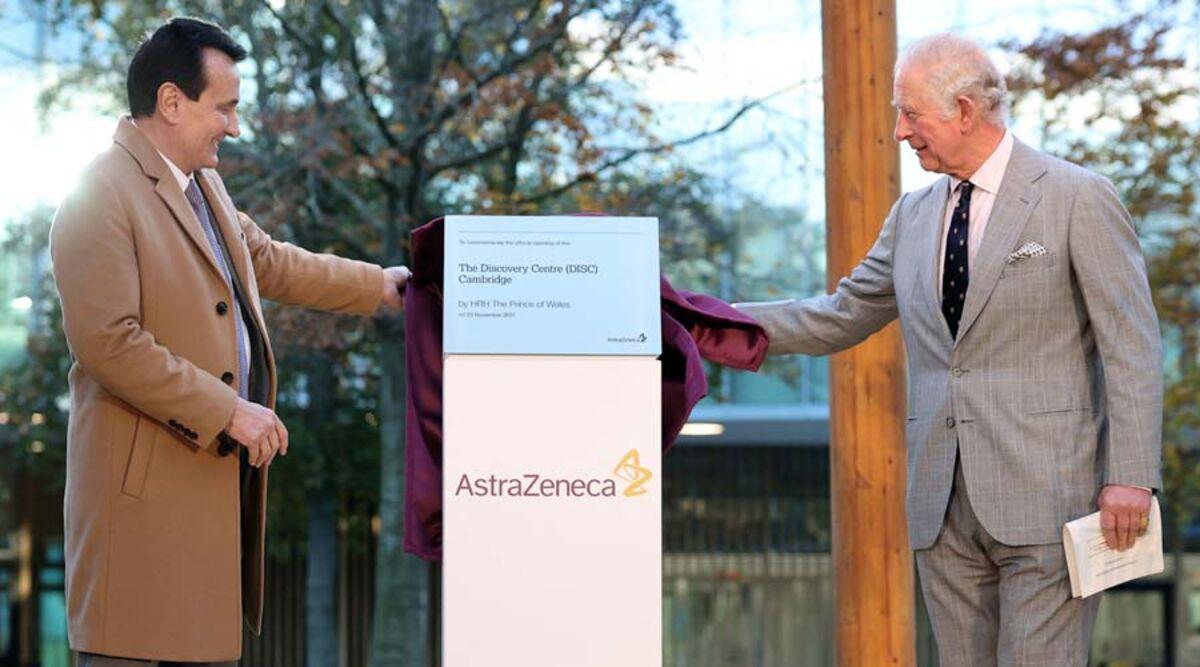AstraZeneca CEO Soriot said to be looking at US listing

AstraZeneca CEO Pascal Soriot was awarded knighthood for services to UK life sciences and COVID-19 leadership in 2022.
AstraZeneca chief executive Pascal Soriot is considering moving the company's stock exchange listing from the UK to the US – and potentially even its domicile – according to an unconfirmed media report.
The Times suggests that the move is a consequence of Soriot's frustrations with the UK's system of rebates on the sales of newer products to the NHS, which have rocketed in recent years, as well as the challenges of getting new medicines recommended for NHS use by health technology assessment (HTA) agency NICE.
Among the medicines rejected by NICE is AZ and Daiichi Sankyo's breast cancer blockbuster Enhertu (trastuzumab deruxtecan) in HER2-low disease.
According to the report, Soriot has made reference to a possible shift in the company's listing in private conversations on numerous occasions.
If the rumour turns out to be true, it would be another blow to the UK stock market, which has already seen a number of defections from the junior AIM exchange by smaller biopharma firms that claim they are unable to raise capital and would be better off as private companies or listing on the Nasdaq in the US.
Losing AZ from the main London Stock Exchange (LSE) would be a much more damaging event, of course, coming as it has seen other large companies move to the US or shelve plans for initial public offerings (IPOs).
In June, another pharma group – opioid addiction treatment specialist Indivior – said it planned to cancel a secondary listing on the LSE, but maintain its primary listing on the Nasdaq. Since then, it has boosted its US investor presence by joining the Russell 2000 and 3000 index funds, saying the move "further aligns our capital markets presence with our growing US business profile."
AZ has already signalled how important the US market is to its business, with Soriot saying in April that the company is considering a shift in the production of some medicines from Europe and is planning "even greater" investment in the US on the production of medicines destined for US domestic use. It has made growth in the US a key part of its bid to raise annual revenues to more than $80 billion by the end of the decade.
The group has already thrown down markers for a tougher stance on Europe, with an earlier decision to abandon a $560 million vaccine manufacturing plant initially intended for the UK and a plan to site a sixth R&D centre in China.
AZ – whose share price rose nearly 3% after the Times report was published – has not commented on the speculation.












